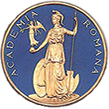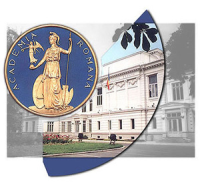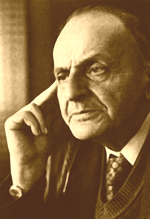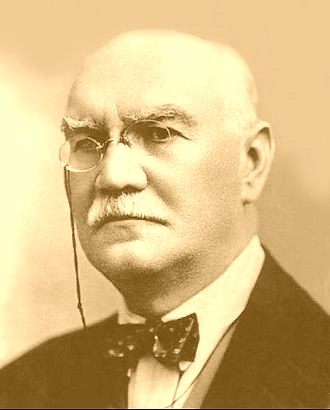Main Menu
DEPARTAMENTE
REVISTE
PUBLICAŢII PERIODICE
LEGĂTURI
CONFERINȚE
 Simpozionul Național Constantin Noica, Ediția a XVI-a „Povestiri despre om…” (26-29 septembrie 2024)
Simpozionul Național Constantin Noica, Ediția a XVI-a „Povestiri despre om…” (26-29 septembrie 2024)SIMPOZIONUL NAŢIONAL
SIMPOZIONUL NAŢIONAL
Welcome
SEMINARIILE DE CERCETARE ALE I.F.P.A.R. (29.06.2023)
victorg, Monday 26 June 2023 - 00:00:00 //
Joi, 29 iunie 2023, orele 12–14
Conferențiar: NICHOLAS CAPALDI (Loyola University New Orleans)
Tema: „What Is Philosophy? What I Have Learned and Unlearned During My Career”
Linkul pentru accesul online:
https://meet.google.com/idm-boup-spy
Conferențiar: NICHOLAS CAPALDI (Loyola University New Orleans)
Tema: „What Is Philosophy? What I Have Learned and Unlearned During My Career”
Linkul pentru accesul online:
https://meet.google.com/idm-boup-spy
What have We learned from the history of philosophy? First, that philosophy (and all intellectual/cultural activity) has a history and cannot be understood apart from its history–something we did not understand until the
18th-century; Second, there are basic recurrent errors of philosophical practice: along with certain recurrent basic questions there are questions that we do not know honestly how to answer or whether we have asked them in the proper manner; that we keep ‘reinventing the wheel’ using new terminology (recurrent patterns of answers); that the very ambition to understand everything or what is basic in some sense requires knowledge from other fields; there are philosophical charlatans.
What have I learned about philosophy: it is the ambitious comprehensive Western practice; that it involves the ongoing explication of the inherent norms of our other practices; that religion, science, ethics, politics, commerce, and art are central practices; that understanding my role as explicator does not automatically translate into being a competent explicator.
Specific things I have learned: our present science may not be the best/definitive science; that there is no such thing as social science; why Plato’s analysis of politics is still relevant; why Hegel is in one sense the last great philosopher; the importance of the 19th-century; the floundering of the
20th-century; my hopes for the 21st-century.
18th-century; Second, there are basic recurrent errors of philosophical practice: along with certain recurrent basic questions there are questions that we do not know honestly how to answer or whether we have asked them in the proper manner; that we keep ‘reinventing the wheel’ using new terminology (recurrent patterns of answers); that the very ambition to understand everything or what is basic in some sense requires knowledge from other fields; there are philosophical charlatans.
What have I learned about philosophy: it is the ambitious comprehensive Western practice; that it involves the ongoing explication of the inherent norms of our other practices; that religion, science, ethics, politics, commerce, and art are central practices; that understanding my role as explicator does not automatically translate into being a competent explicator.
Specific things I have learned: our present science may not be the best/definitive science; that there is no such thing as social science; why Plato’s analysis of politics is still relevant; why Hegel is in one sense the last great philosopher; the importance of the 19th-century; the floundering of the
20th-century; my hopes for the 21st-century.


 P S I H O L O G I E
P S I H O L O G I E



